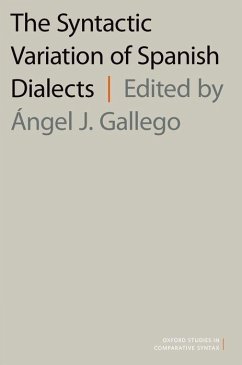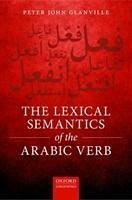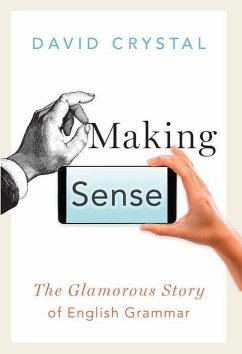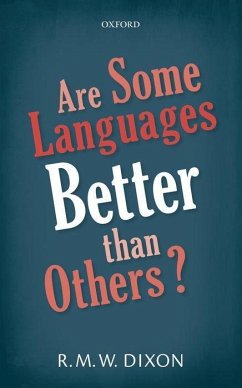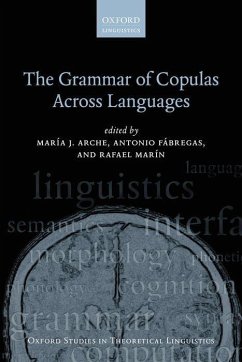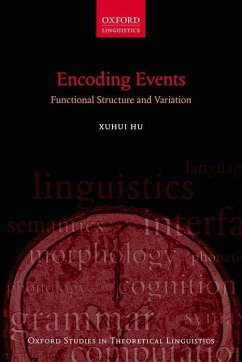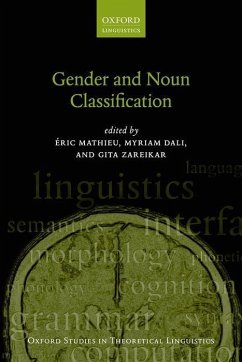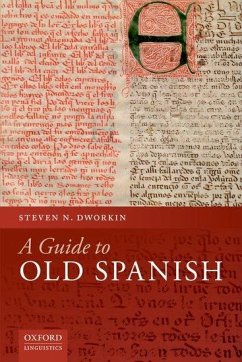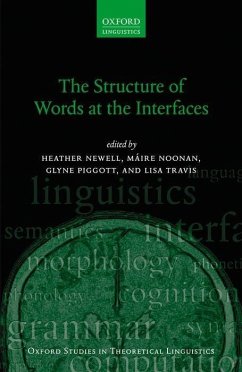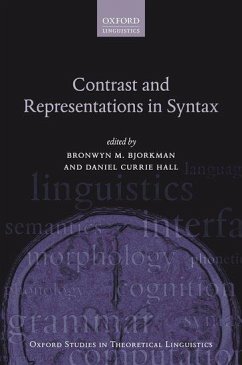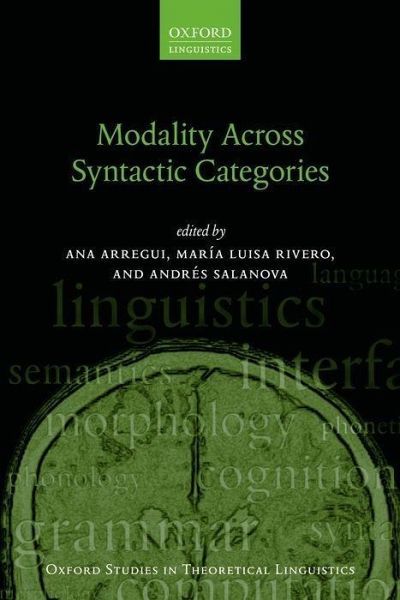
Modality Across Syntactic Categories
Versandkostenfrei!
Versandfertig in 1-2 Wochen
52,99 €
inkl. MwSt.

PAYBACK Punkte
26 °P sammeln!
This volume explores the linguistic expression of modality in natural language from a cross-linguistic perspective. Modal expressions provide the basic tools that allow us to dissociate what we say from what is actually going on, allowing us to talk about what might happen or might have happened, as well as what is required, desirable, or permitted. Chapters in the book demonstrate that modality involves many more syntactic categories and levels of syntactic structure than traditionally assumed. The volume distinguishes between three types of modality: 'low modality', which concerns modal inte...
This volume explores the linguistic expression of modality in natural language from a cross-linguistic perspective. Modal expressions provide the basic tools that allow us to dissociate what we say from what is actually going on, allowing us to talk about what might happen or might have happened, as well as what is required, desirable, or permitted. Chapters in the book demonstrate that modality involves many more syntactic categories and levels of syntactic structure than traditionally assumed. The volume distinguishes between three types of modality: 'low modality', which concerns modal interpretations associated with the verbal and nominal cartographies in syntax; 'middle modality', or modal interpretation associated with the syntactic cartography internal to the clause; and 'high modality', relating to the left periphery. It combines cross-linguistic discussions of the more widely studied sources of modality with analyses of novel or unexpected sources, and shows how the meanings associated with the three types of modality are realized across a wide range of languages.



